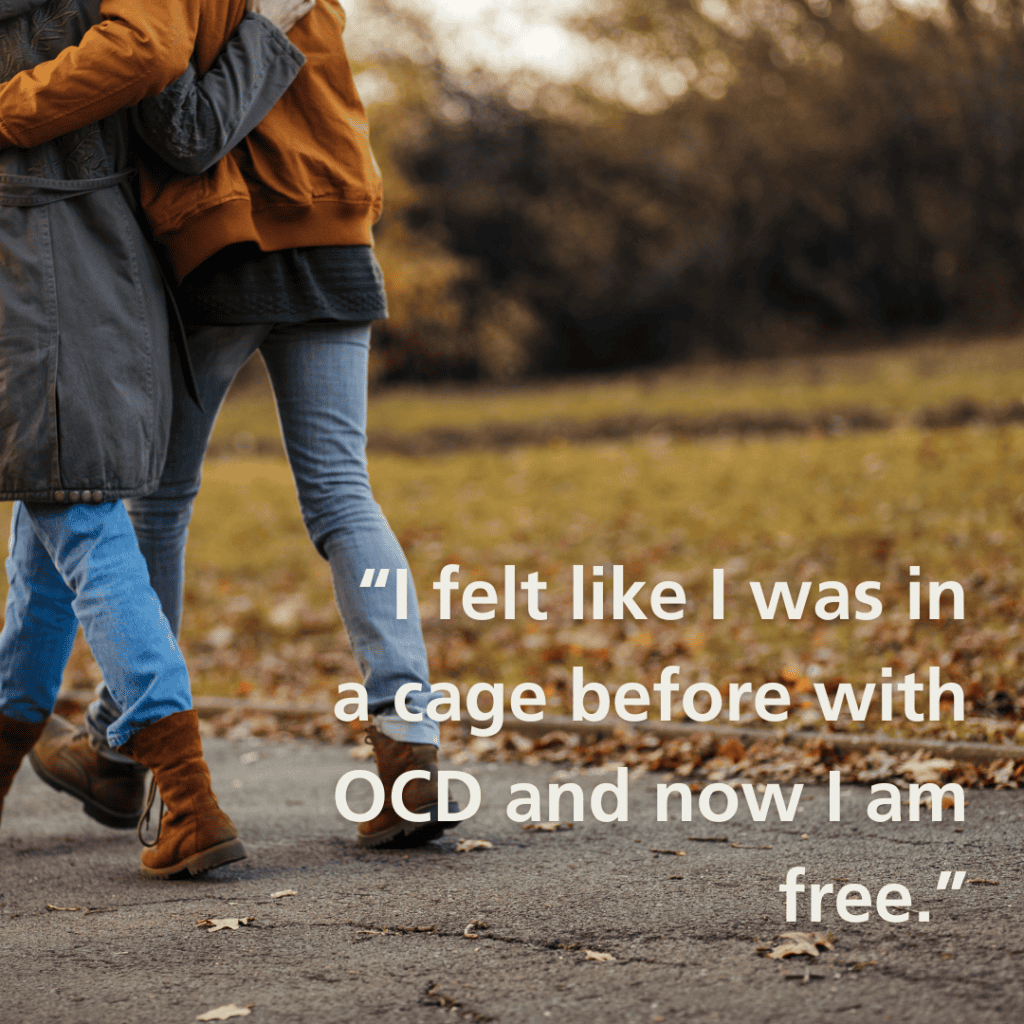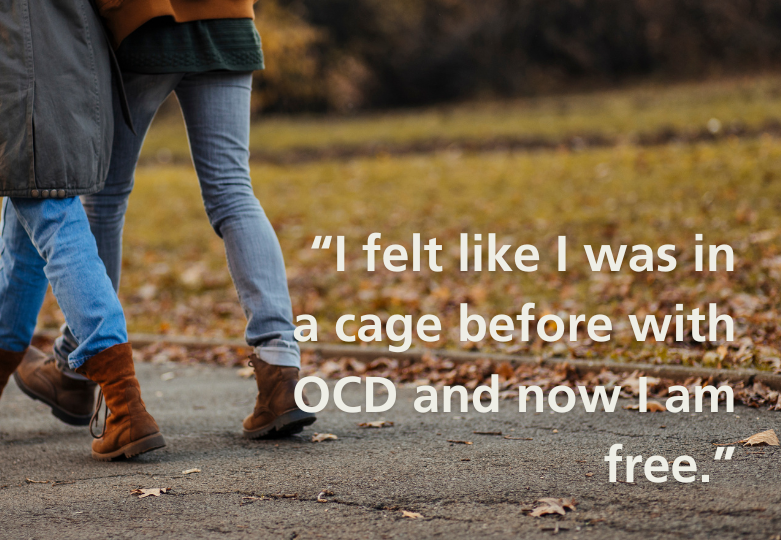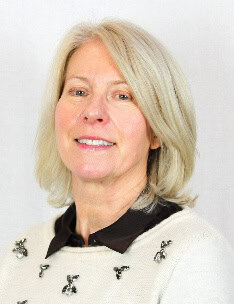“I felt like I was in a cage before with OCD and now I am free.”
Obsessive Compulsive Disorder (OCD) is a mental health problem that most people think they understand, but it is much more than being “clean” or “neat”.
Around one in 50 people in the UK have OCD, yet it is still severely stigmatised. It can affect the way we think, how we feel and what we do.
Some of the signs could be:
- Thoughts that frighten you, like thinking you are dirty or that bad things will happen if you touch dirty things
- Thoughts that something you have done will hurt people
- Pictures in your head of hurting other people
- Thinking that things in your life are not in order

To help ease anxieties or intrusive thoughts, some people with OCD act on compulsions such as avoiding touching things or going out entirely, over washing or cleaning, repeatedly checking, touching or moving things until they are ‘just right’ or thinking other thoughts to get rid of the obsessive thoughts.
People with OCD often get trapped in a cycle of obsessions and compulsions which overtime can become debilitating.
It’s important to know that help is available if you suspect that you are struggling with OCD. A combination of medication, Cognitive Behavioural Therapy or Exposure and Response Prevention (ERP) therapy can help.
Please speak to your GP in the first instance.
Additionally, we have a several self help guides available online that offer practical tips and advice for those living with OCD.
Published: 16 October 2024








